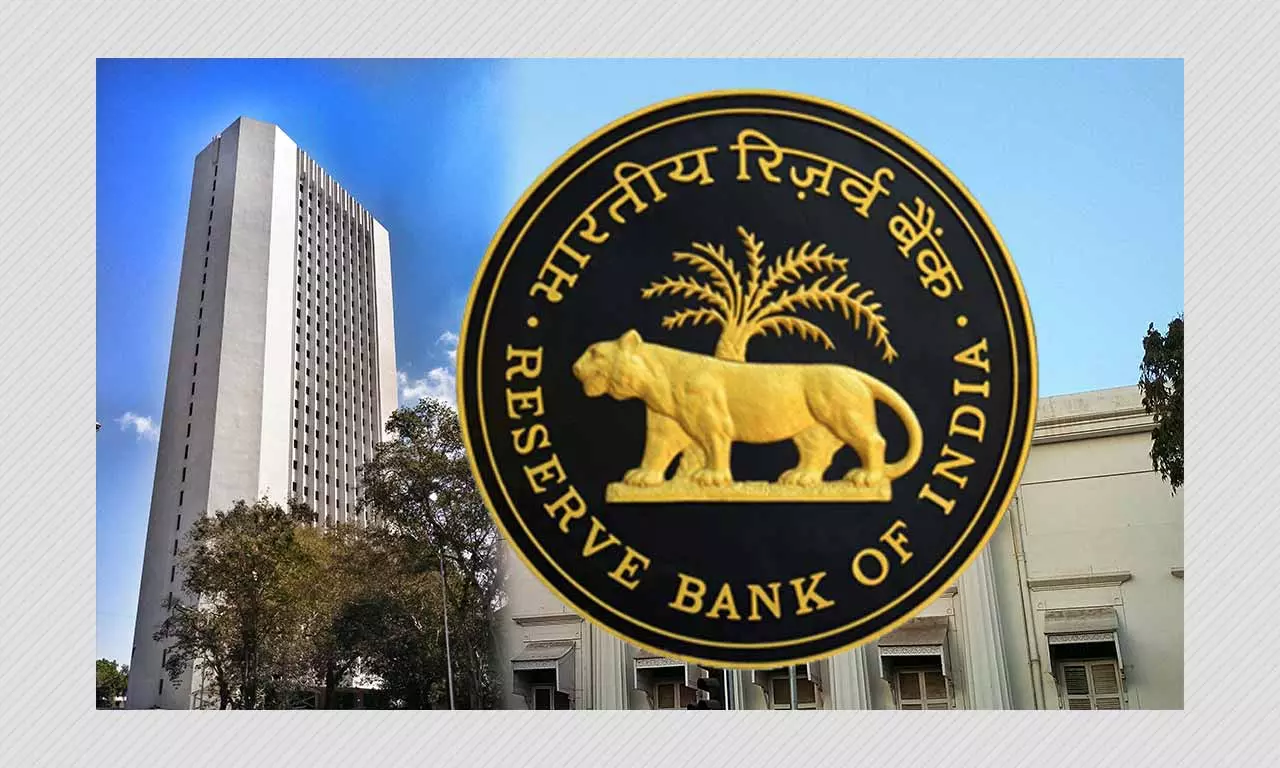Credit Suisse Under RBI Monitors To Handle Any Unwanted Losses.
Credit Suisse in India has funded 60% of assets through borrowings, and it is a minor component of the Indian banking system, accounting for 0.1% of total assets.

According to persons familiar with the situation, the Reserve Bank of India (RBI) is keeping an eye on developments revolving around Credit Suisse, though the Swiss lender’s limited size and range in the country means that any drastic impact is unlikely. According to local bond dealers, the risk of contagion is small. According to bankers, Credit Suisse India will have sufficient capital.
Domestic Banking institutions and money market traders have stiffened their belts and warned against any more counterparty exposure to the firm. According to the sources described above, it does not have a big presence in India, and additional exposure is completely ruled out since banks are in a wait-and-see attitude.
Banks’ risk profiles have been strengthened. All banks have improved their risk profiles, ensuring that no new exposures are created. Irrespective fact that the bank was largely involved in trade financing and derivative-linked risk, the potential of contagion spreading is nearly non-existent.

Who has how many shares in Indian Banking System?
Credit Suisse has a 1.5% market share among international banks in India with a single branch. According to a recent analysis by US-based stockbroker Jefferies, while Credit Suisse in India has funded 60% of assets through borrowings, it is a minor component of the Indian banking system, accounting for 0.1% of total assets. Credit Suisse’s Indian assets are valued at over 20,000 crores, according to the brokerage.
In India, short-term government securities account for over 70% of the assets of the bank. According to the chief government bond trader at a prominent private sector bank, banks in India have already reduced Credit Suisse in their internal ratings, making new trading positions with them improbable.
Given Credit Suisse’s importance to India’s banking system, analysts anticipate softer revisions in counterparty risk assessment, particularly in the derivative market, according to the brokerage. They anticipate the RBI to maintain a close eye on liquidity difficulties and counterparty exposures and to intervene as needed. This may also lead to a shift in institutional deposits towards larger/quality banks. Even though the bank’s off-balance-sheet exposure is 7X the assets, its tiny size will keep risk in check.

According to Jefferies, they are on the lookout for liquidity difficulties and any impact on counter-party risk assessment (particularly in derivatives), and the deposit market may shift towards larger/quality institutions.
The Swiss central bank’s lifeline of $54 billion to the bank has soothed investors and the financial industry. The announcement came after a persistent drop in the bank’s shares fueled worries about its demise. The stock has since recovered part of its value. Credit Suisse, the second largest bank in Switzerland, is the first major global bank to be given an emergency lifeline ever since the 2008 financial crisis.
According to a top executive at a UK-based bank, the bank was primarily engaged in the following parameters.
- Structured finance.
- High-yielding financing.
- Loans against shares.
All these three have a relatively narrow sector in Indian banking. Credit Suisse has sufficient capital in India, but no bank would want to take a counterparty position with them at this time. For the moment, everything will be put on hold. According to bankers, the regulatory reaction to such crises has been templated since the fall of Lehman Brothers, and there is essentially no prospect of a systemic danger.
According to Jefferies India, the future of European lender Credit Suisse Group AG is more important to the Indian banking market than the failure of Silicon Valley Bank.

Are RBI and the Indian banks ending their days by keeping an eye on Credit Suisse?
All this bird’s eye watch is happening after the crash of Silicon Valley Bank. After celebrating a great new year, Indian regulators have received shocks after the Hindenburg research report that accused Adani industries of accounting fraud. At that point, Indian banks and institutions have to justify their asset holding in Adani equities so that there is no more harm to the public money in these banks.
However, experts have stated that the collapse of SVB would have little effect on Indian banks since the Indian banking system is more insulated and controlled under the supervision of the RBI. Now it seems that banks do not want to encounter further damage to the system by keeping a bird’s eye watch on the crash and downfalls of foreign banks.
edited and proofread by Nikita Sharma




